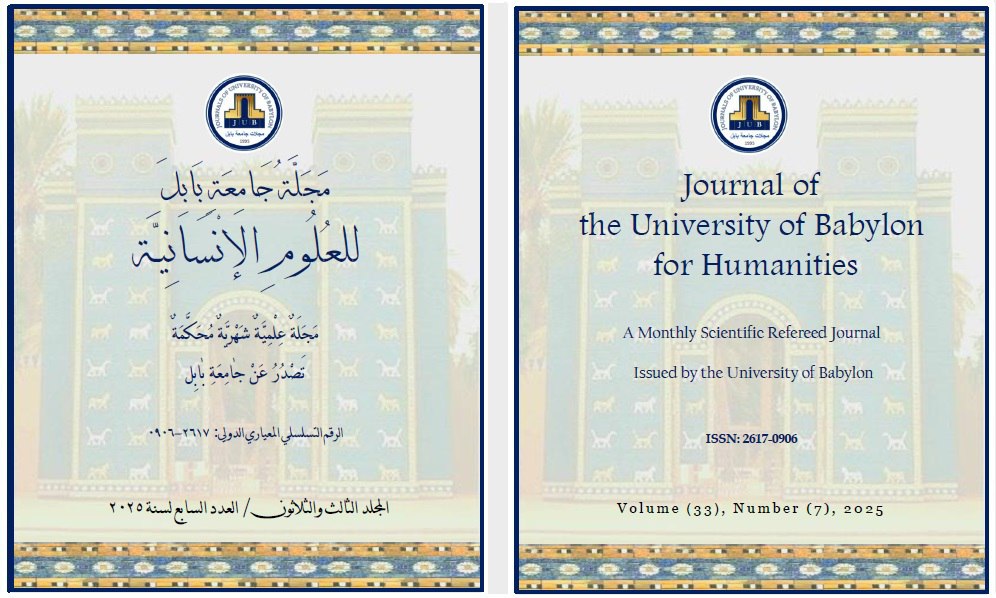دور السلطة السياسية في تنظيم المجتمع: رؤية تحليلية
محتوى المقالة الرئيسي
الملخص
تمثل السلطة السياسية في المجتمع غاية سامية يتوفق على أساسها إدارة وتنظيم المجتمع بشكل مستدام، وهذا حق لها بحكم القانون الذي جعلها تختلف عن سائر السلطات القائمة في المجتمعات غير السياسية كالعشيرة والقبيلة والسلطة الدينية وسلطة الأب في الأسرة وسلطة رئيس الحزب أو النقابة أو الجمعية وغيرها من السلطات التي تخضع إليها التكتلات البشرية، فهذه جميعا تكتلات بشرية لا تتكون ولا تستمر إلا إذا كانت خاضعة لسلطة خاصة بها.
لذلك فإن المجتمع السياسي الكلي يجب أن تنظمه وترعاه السلطة السياسية؛ لأنها الإطار الذي يضبط وينظم سلوك ومواقف الجماعات الرسمية منها وغير الرسمية التي لا تستطيع العيش منعزلة عن بعضها البعض بحكم التفاعلات التي تحكم عملها معا بالقدر الذي يلبي احتياجات الجميع من أفراد وجماعات. وعلى وفق ما تقدم يجب أن يكون لدى الجميع وعي سياسي ومجتمعي مشترك بأن المجتمع لا قيمة له من دون وجود وتنظيم وإدارة واستقرار، ويحصل ذلك بوجود السلطة السياسية، فهي من تنظمه وتمنحه كياناً مميزاً في الوجود ومقدرة على إدارة العلاقات والمصالح المتشابكة والمتضاربة بما يخدم مصلحة الجميع.
تفاصيل المقالة
إصدار
القسم

هذا العمل مرخص بموجب Creative Commons Attribution 4.0 International License.

